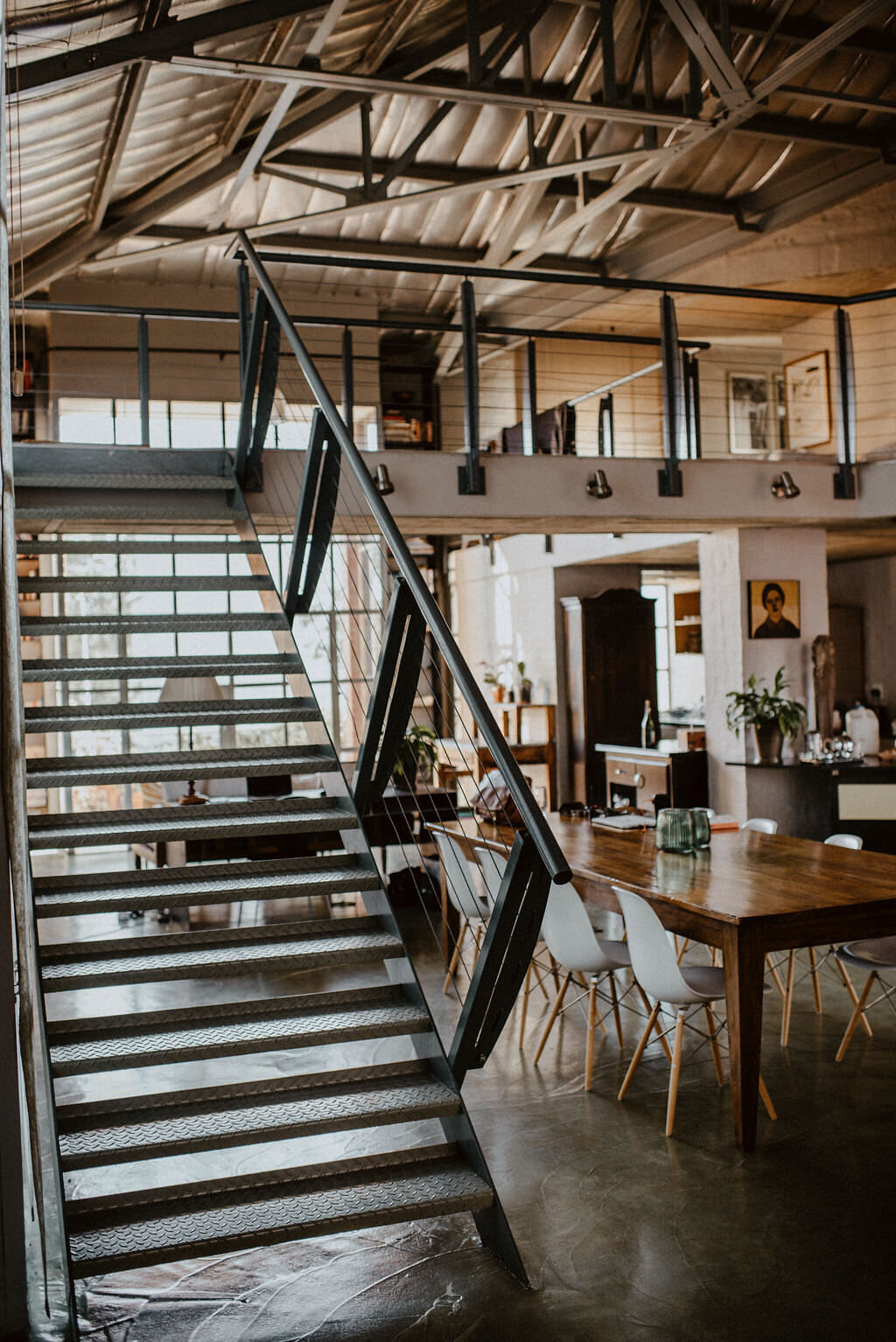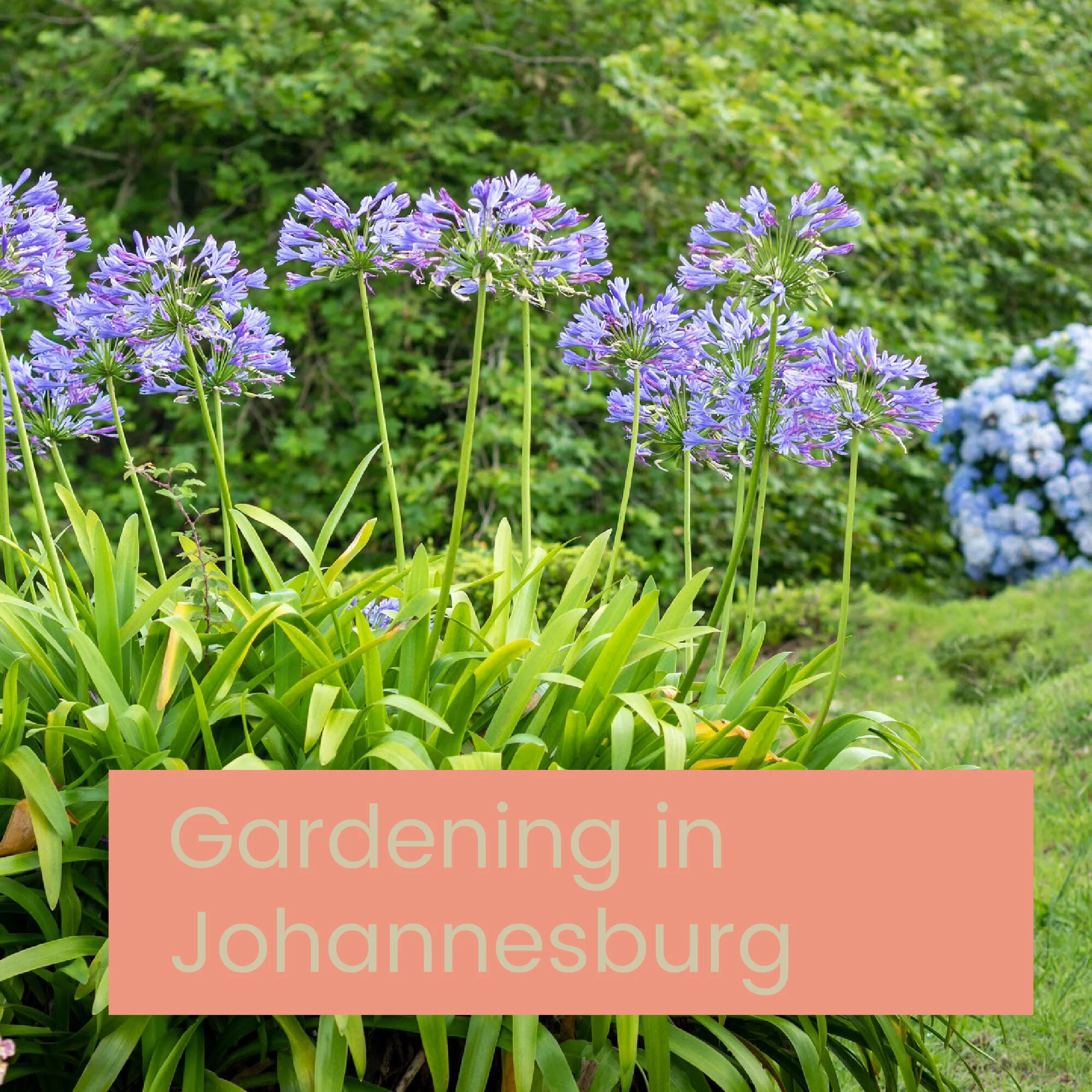Cost of Living and Getting Set Up in South Africa
/We have already discussed Bank Accounts and Mobile Phones and Internet. This week we look at the general cost of living and setting up all your utilities.
AVERAGE HOUSEHOLD BUDGET
Your monthly budget will depend largely on your lifestyle, and what sort of corporate package (if any) you are on. There is a brilliant comparison website Numbeo whereby you can type in your current city, and new destination to compare all the typical living costs.
But to give you a rough idea here is our average monthly budget.
There are some things such as security (R600 per month) and private School Fee's that you may not pay for back at home. However eating out, wine, and entertainment is much cheaper.
Rent (3 bed house) R30,000 - R70,000 per month
Electricity / Water/ Waste R3500
Healthcare (family of 5) around R4000- R8000 per month
School Fees R3,500 - R7,500 per child per month
Car / House Insurance R4000 per month
Petrol R2500 +/- (keep this in mind when choosing a place to live and daily distances travelled)
Food shopping R6500 +/- per month
Eating out and coffee (a very popular past time in Joburg) about R3500
Entertainment (events, cinema and live shows) R1200
Phone account (both landline and cellphone) R450 - R1500
Internet (Fixed landline and ISP or just fibre, depending on whether this is available) R950
Domestic Worker (depending on the contract, this can involve paying for airtime as well, as it’s common for home helpers to run out of airtime and this can make it very difficult to get in touch) R6500 +/-
Gardener R350 per day (1500 per month for 1 day a week)
TV R800 for DSTV, or if you have a smart TV use netflix
Gym R300 - R1500
Wine ……………….
In addition to the above, your car will be much higher cost, you can expect to pay at least R300,000 + South Africa imports of their cars, and they come along way - so they are very expensive. Its also good to remember there is a high import tax applied to most luxury goods, to most branded items are much more expensive to buy here.
UTILITIES
In most rental agreements, water is included, but if you don’t have a prepaid electricity meter, its best you ask for your electricity to be added to your monthly rental invoice, and your landlord can send you the meter reading so you can check it.
Refuse removal is also included in most rental agreements if you live in an apartment complex or housing estate. Note the day that refuse is removed in your area, and make sure your bin is out first thing in the morning, or you take your rubbish to the collective waste removal area in your apartment or housing complex.
Recycling still isn't that wide spread, some area's will pick up your paper, but recycling still tends to happen by people looking for work, and thus going through bins to collect your recycling and taking it to the relevant centres for you (they then get paid per bottle or container). We sort our recycling out and put it in a clear bag at the top of our bins. There is also a great organisation that is formalising this process by employing the same collection people to work directly for them - http://wholeearth.co.za/
POST OFFICE
The national postal service has come under fire recently for poor service delivery due to internal management issues, but while you can’t always rely on the post office 100%, it’s still functional and can help you with the following:
Local postage
International postage (although for speedy delivery it’s advisable to use a courier service like DHL, Aramex, PostNet, Dawn Wing or FedEx, even though these services will be more expensive. Note that when receiving an online shopping purchase from an international retailer you might need to pay import tax duties so take this into consideration when making the purchase)
Car license renewals
Paying for your TV license












